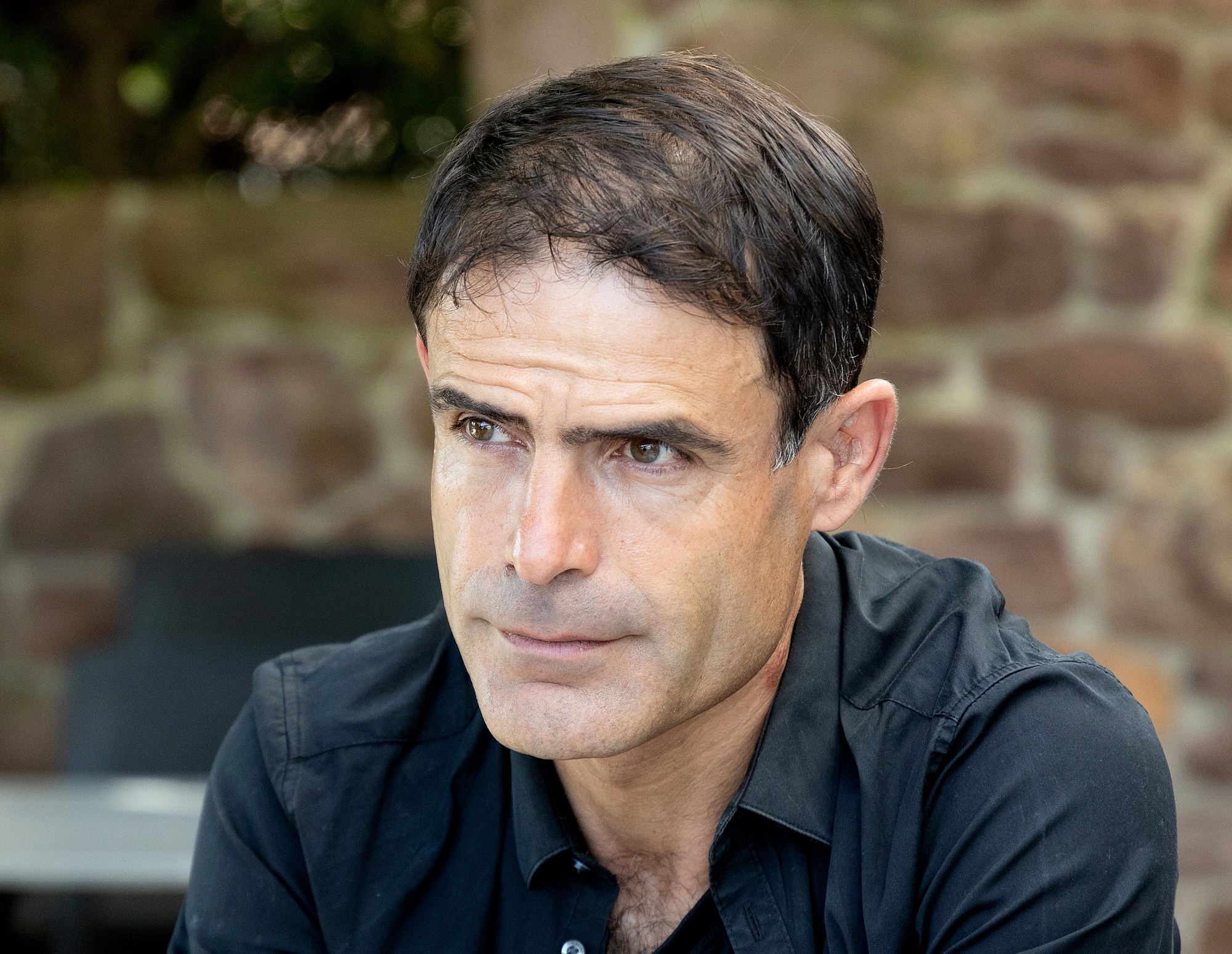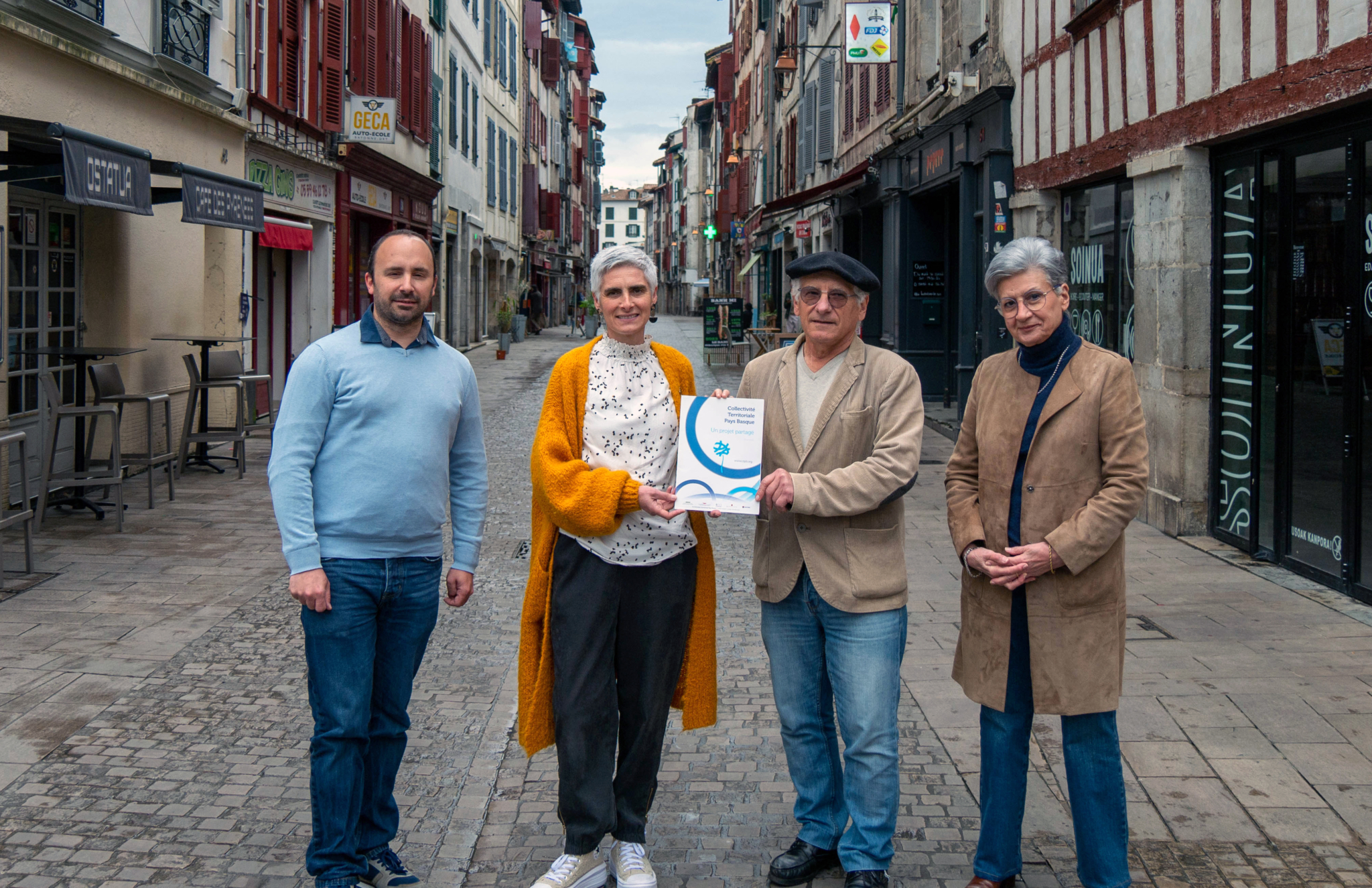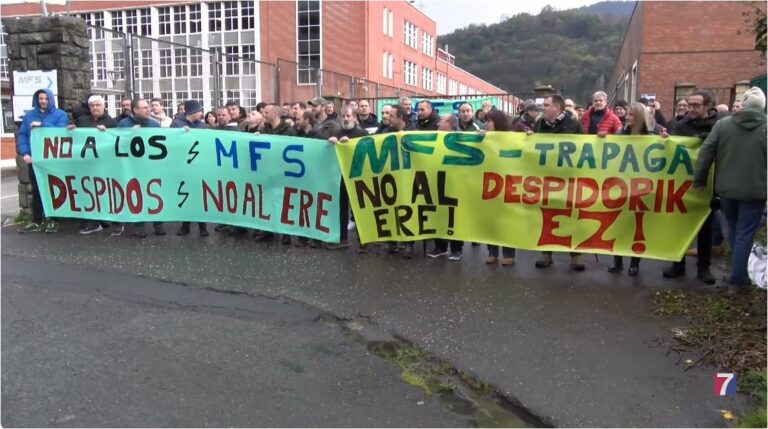"Our concern is the existence of official studies in the performing arts"
- Bilbao 1969. Gabriel Ocina is a member of the management of the Basque Actors Union and coordinator of the Platform for the Scene. Almost a decade after its creation, the platform has brought together the CAV performing arts sector around an old demand: an art higher education centre. The reality is that over the years, the projects that the Basque Government is putting on the table are still not materialised.
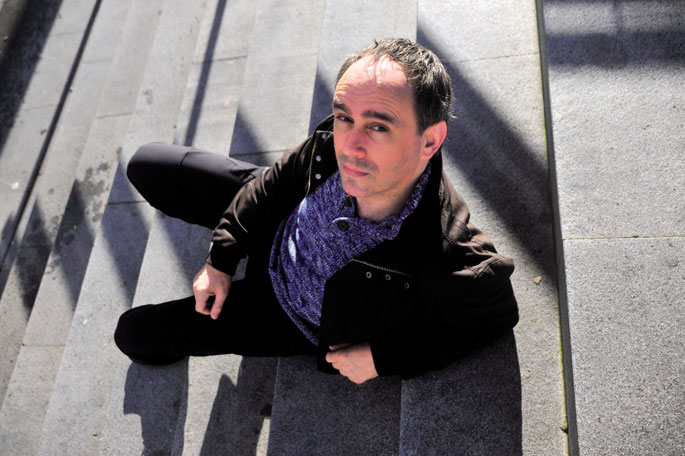
Why a Platform for the Scene?
The group was formed in September 2005, and it was not initially named because the Eszena project did not exist. It was a platform for the Centre for Performing Arts. The scenic name was first mentioned in 2010. And why? Well, of course. Today here in the Basque Country [speaks of the CAV] there are no official possibilities to learn dramatic art, dance and scenery, and that is not normal in our opinion.
Are you in college?
Today, in the Spanish state, there are no such studies at the university. But that's not a problem. Official conservative and drama schools aren't inside the university, but the level is the same. These studies, by law, can't be given the degree name, but from any other point of view they're like the degrees offered by universities.
So if the Stage went ahead, would it be a university?
It would be a high-level centre. If the CAV Department of Education wants to do so within the university, let it do so, but it is not the most widespread model. In addition, the university has much stricter conditions. That does not concern us; our concern is the existence of official studies. And the easiest thing is to create an art center.
If it is a staging project, once the administrations have put themselves on the table, it has been suspended. In 2005, you began to demand a center. Was there intention then?
No. We then simply asked for something to be created, because in the CAV there was a clear vacuum, in our view quite shameful. And that in 2006 the government in office approved by the majority of the Parliament of Vitoria-Gasteiz be urged to enter into force. It was then that the first steps were taken, and the problem was, above all, location. Finally, in 2007, an agreement was reached between the Education Advisor, Tontxu Campos, and the Education Advisor, Iñaki Azkuna, for the construction of the school at the Alhóndiga in Bilbao. In 2009 the PSE came to the Basque Government and in 2010 a new project was announced: The stage. The name is then.
What should the Scene be?
A comprehensive center that will teach dramatic art (actorization, direction, script), dance and scenery. That is the current trend. There's a strong relationship between theater and dance, which is clearly seen in Euskal Herria, and that's why we want everything to be in the same center.
The point is that the Stage One is not done.
The stage project was put on the table in 2010. The location was also changed, as the possibility of the centre being located next to the ETB headquarters in Bilbao suddenly appeared. The announcement of the start of the school for the year 2012-13 reassured the whole sector.
When did the project get frustrated, how?
On the one hand, the Spanish Supreme Court considered that higher art studies cannot be considered as university degrees – which is the same – which raised doubts in the Department of Education. On the other hand, in 2012, about to end the legislature, the Colegio Oficial de Arquitectos Vasco Navarro resorted to the Teatro project presented by the Basque Government, and the judge agreed. In October 2012, everything was on hold. However, the irregularities evident by the Architects' Association are easily overcome, it is a purely technical problem.
And with that, did he revive the platform?
Yes. But in the meantime, others came to the Basque Government and said nothing about it. The same month of February 2013, one month after the creation of the new government, we asked for a meeting of the Minister of Education, Cristina Uriarte. We asked him to continue the project. The meeting was hardly held in July.
Did the Basque Government refuse the Stage One project?
He said nothing, but the March 2013 draft budget did not mention The Scene anywhere. That worried us.
What had come out of the July meeting?
The Department of Education told us that he wanted to re-analyze everything: what demand is there, what should be the profile of the faculty, what studies will be offered... It is normal, speaking clear, because this was a socialist project, and we know that the PNV will not approve and implement it without further. On the other hand, the crisis is an excuse: it is not the right time, we have to reduce spending…
Have you been given any time?
Last October we were in the Committee on Education of the Basque Parliament, and as a result, the Basque Parliament has once again urged the Basque Government to launch this initiative. In addition, giving a specific deadline for the initiation of studies: Course 2014-15. We know, of course, that it is not possible to adapt the new centre by that date.
Did all the parties join?
No, the PNV has abstained. Last November, the 2014 budgets were presented, and there was also Eszena; there is now, but thanks to an amendment. The project had an investment of EUR 300,000.
It's not much for such a project...
Setting up the headquarters alongside ETB would require EUR 7 million. With Musikene, for example, there were tensions, because it cost a lot of money, and some said, "Look, how expensive art studies are." Well, yes. However, in music the ratio of student/teacher is much lower, in many cases only one student per professor, so studies are much more expensive. We do not ask for a giant centre, but small and of quality. Yes, this type of study may be expensive compared to others. The government and society as a whole will have to decide whether it deserves it.
You say that the government wants to analyse the request. How do you think that is that request?
There you are. Today there are many open schools in the CAV, and they have been working for years, both in theatre and in dance… There is a powerful network of theaters, there is a tradition of watching theatre and dance. And there's also a calling, like everywhere.
It could therefore be thought that we have sufficient training infrastructures to meet our needs. In other words, the claim of the center would not make sense, beyond the title of such studies. What's the difference? Where is the qualitative leap?
The title has its importance, as in all areas. To be a doctor or a professor, you need a degree. Yes, I know, it's different, but it's not that different. In order to get to work in a theater, you will not be asked for the Card of the College of Actors, but we cannot think that to be an actor or dancer there are enough gifts and a desire. This is serious work, and besides being talented, you have to learn technique.
By the way, what attitude do private schools have towards claiming the Platform? In short, an official centre would harm them.
Many of these schools are on the Platform, of course. It is clear that if the Stage were to be carried out the situation would change, but in places where there are official centres and regulated studies there are private schools. This coexistence has always been present. A damage to the business? I think they should adapt. Sometimes it is not harmful, on the contrary. The existence of official studies would mean recognition of the sector, recognition of popularity. The level of the performing arts would, in general, increase and thus increase the number of applications. Theater and dance are very broad spaces, and what is not taught in the official school can be taught in private centers. Private individuals will have to adapt their offer to make it attractive.
Urriaren 11n Eusko Legebiltzarreko Hezkuntza Batzordean agerraldia egin zuten Eszenikaren Aldeko Plataformako kideek, eta euren ustetan arte eszenikoen goi mailako ikasketen ildo orokorrak zeintzuk izan beharko liratekeen azaldu zuten. Honakoak dira:
Arte Dramatiko eta Dantza ikasketek bat egingo lukete Espainiako Hezkuntzaren Lege Organikoak eta Europako araudiek (LOE) ezarritakoarekin. Hots, unibertsitateko gradu baten maila bera edukiko lukete, nahiz izen hori ez eduki. Tituluok eskuratzeko launa ikasturte gainditu beharko lirateke.
Arte Dramatiko ikasketak hiru multzotan banatuko lirateke: batetik, espezialitate guztietan –Aktoregintza, Zuzendaritza eta Eszenografia– berdinak izango liratekeen bederatzi ikasgai, sortze-prozesua ardatz edukiko luketenak. Aktore, zuzendari zein idazle izateko oinarri teorikoa finkatuko litzateke ikasgai horietan. Bestetik, espezialitate bakoitzerako ikasgai espezifikoak leudeke. Eta hirugarrenik, hautazko ikasgaiak, dantza, antzerki eta eszenografiaren arteko elkarlana bultzatzera bideratuak.
Dantzari dagokionez, Koreografia eta Dantzaren Pedagogia espezialitateak eskainiko lirateke. Lehen hiru ikasturteak batera egingo lituzkete, eta bereizirik.
Eszenikaren Aldeko Plataformak, halaber, Eszenoteknia titulu bat sortzea proposatzen du. Ikasturte biko iraupena luke, eta argiztapen, soinu eta bestelako teknika eszenikoetan profesionalak trebatzea izango litzateke helburua.
Azkenik, unibertsitatearekin batera masterrak eta doktorego programak antolatzea gomendatzen dute. Plataformak Legebiltzarrari helarazitako dokumentazioan azpimarratzen duenez, bitxia da gaur egun EHUk arte eszenikoen master bat eta gradu-ondoko bat eskaintzea, gradu mailako formazio baliokiderik ez delarik.
Aberri Eguna elkarrekin ospatzeko xedez sortu zen Euskal Herria Batera plataforma. Aurten, ikusgarri bat eskainiko dute apirilaren 11n, Manex Fuchs antzerkilariaren, Lorea Agirre idazlearen eta Martxel Rodriguez dantzariaren eskutik.









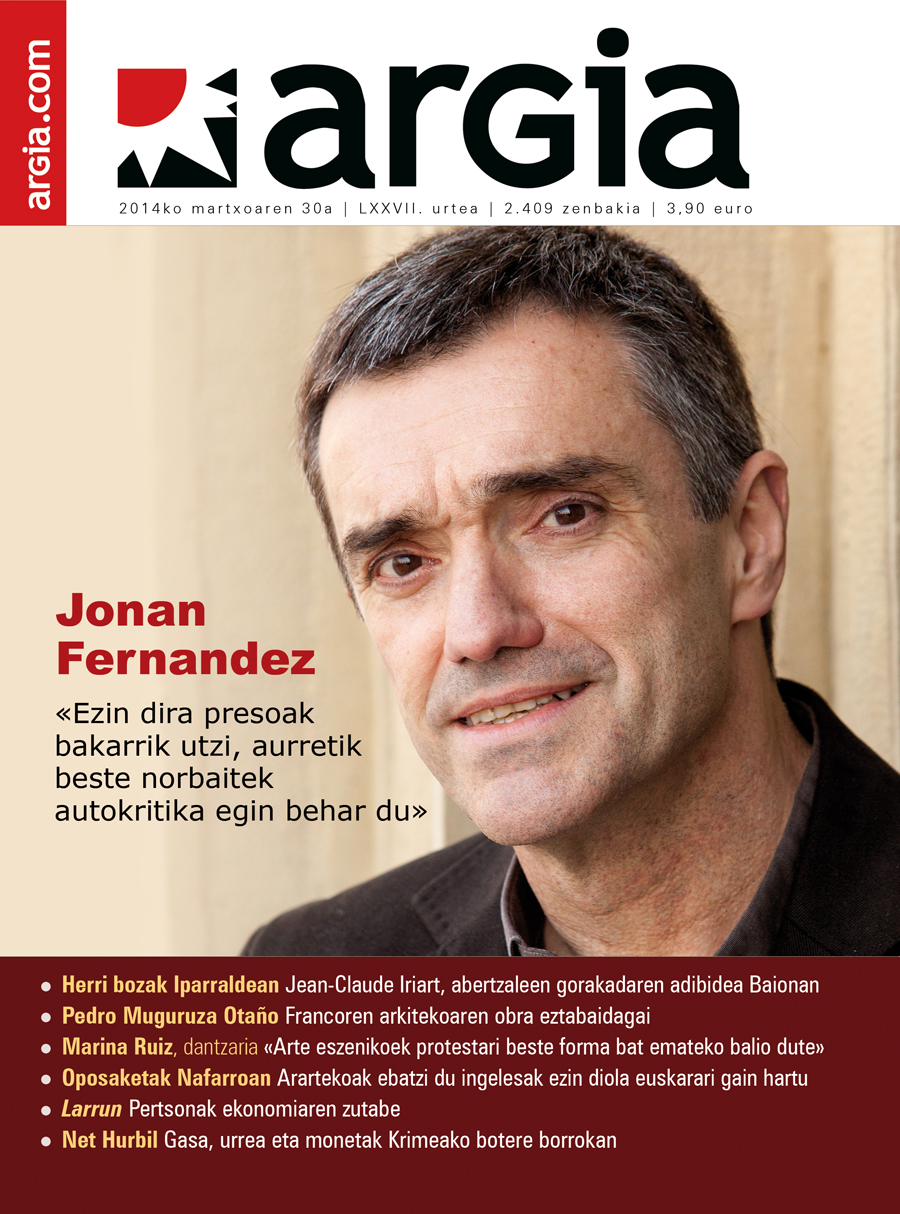

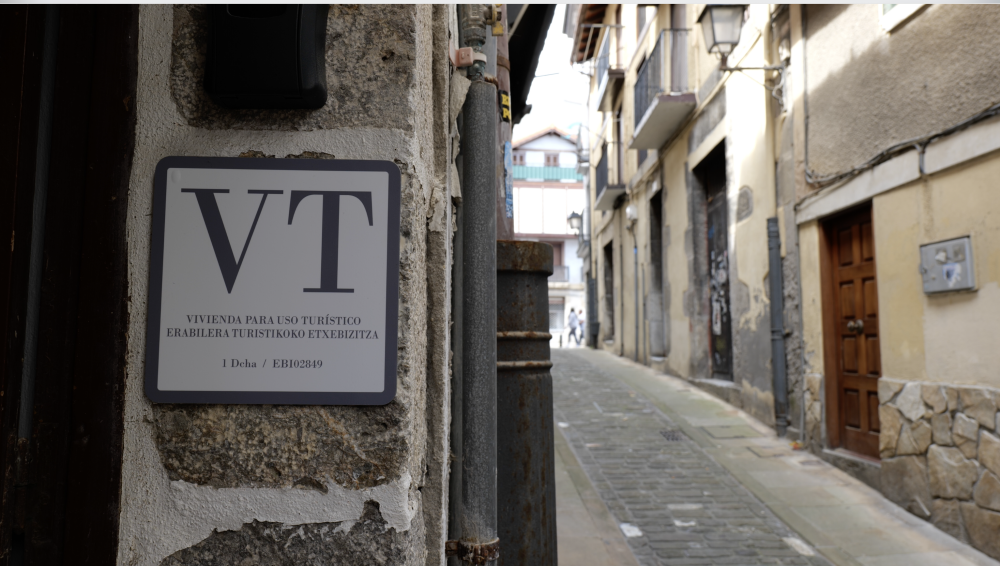
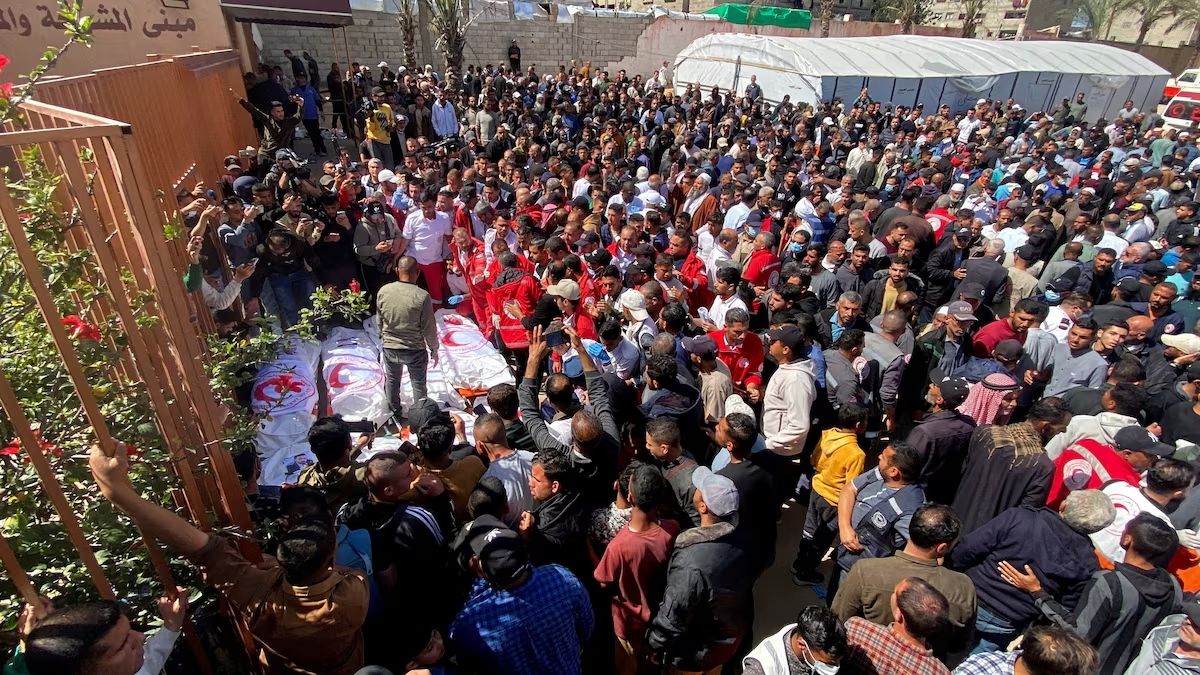

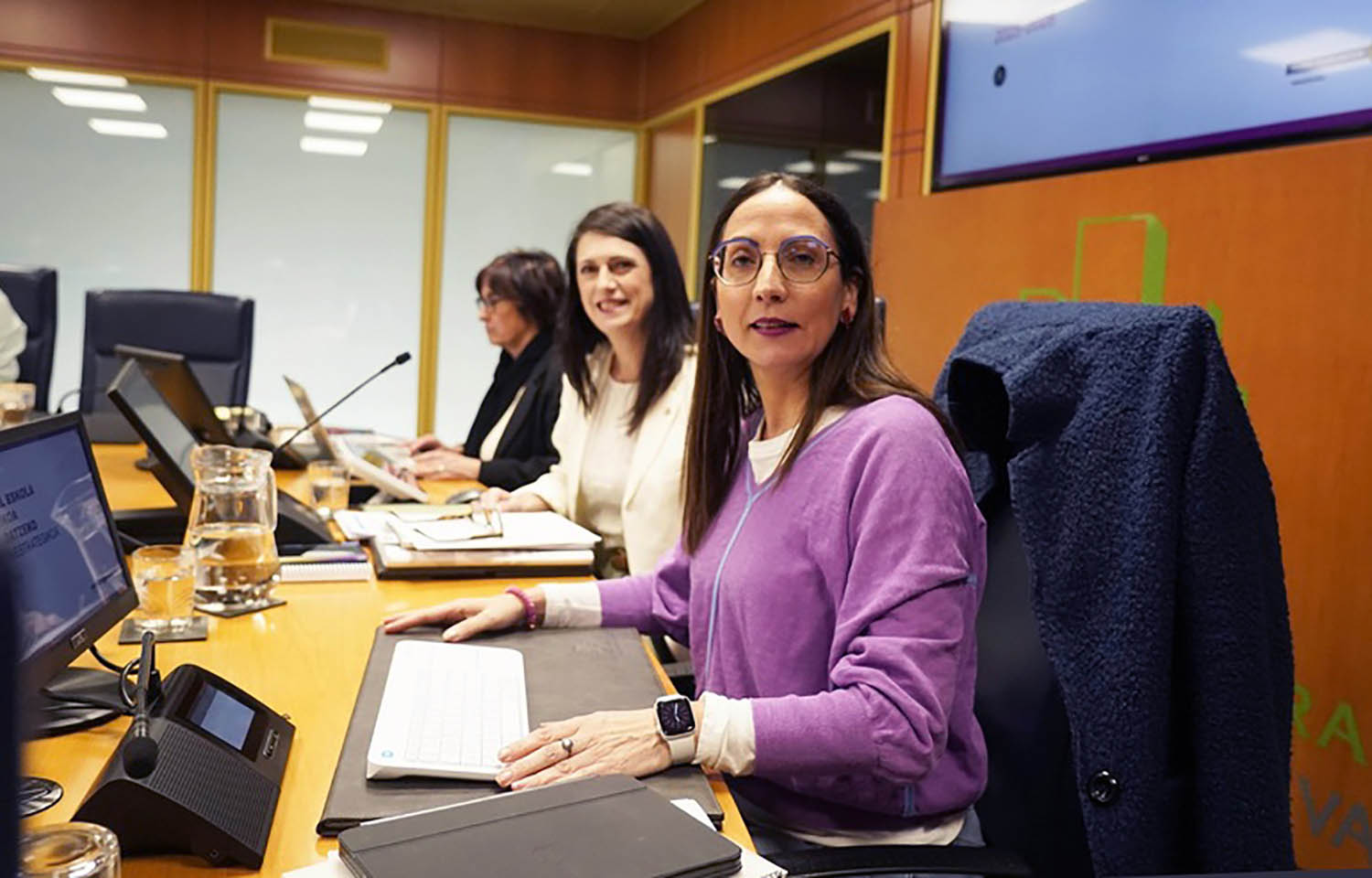

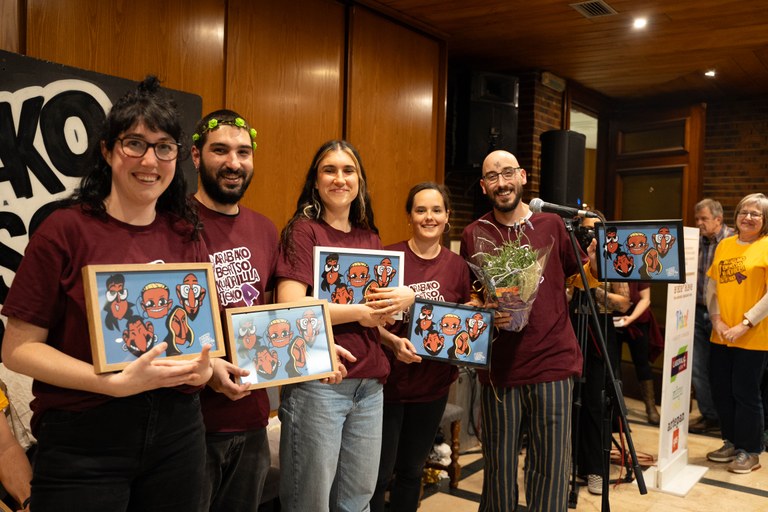
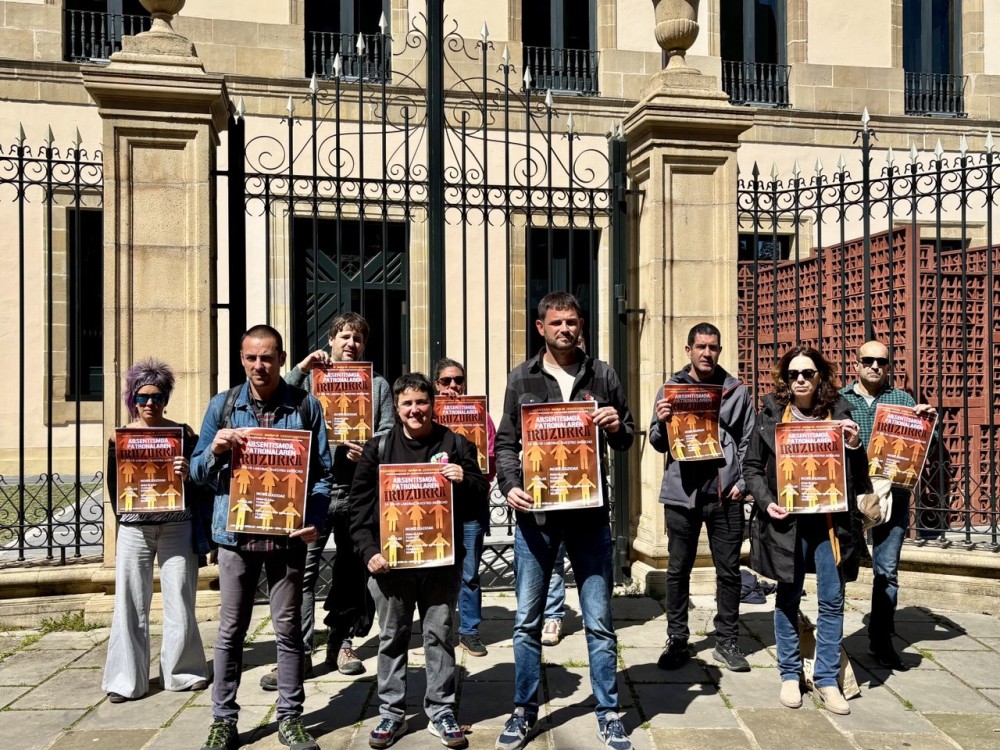


.jpg)
